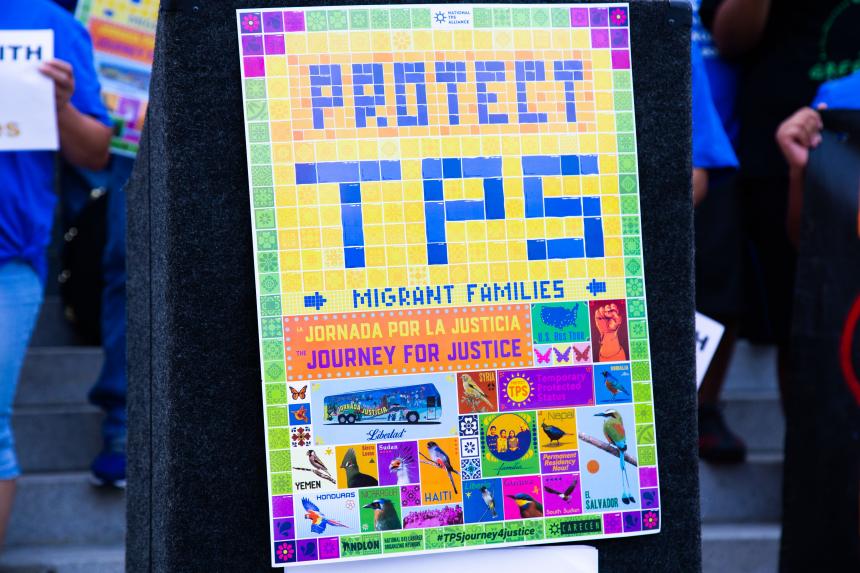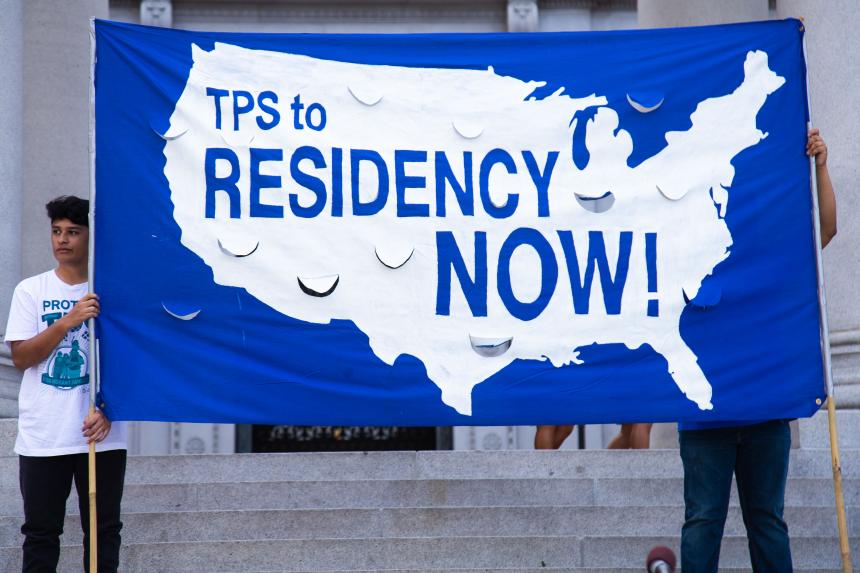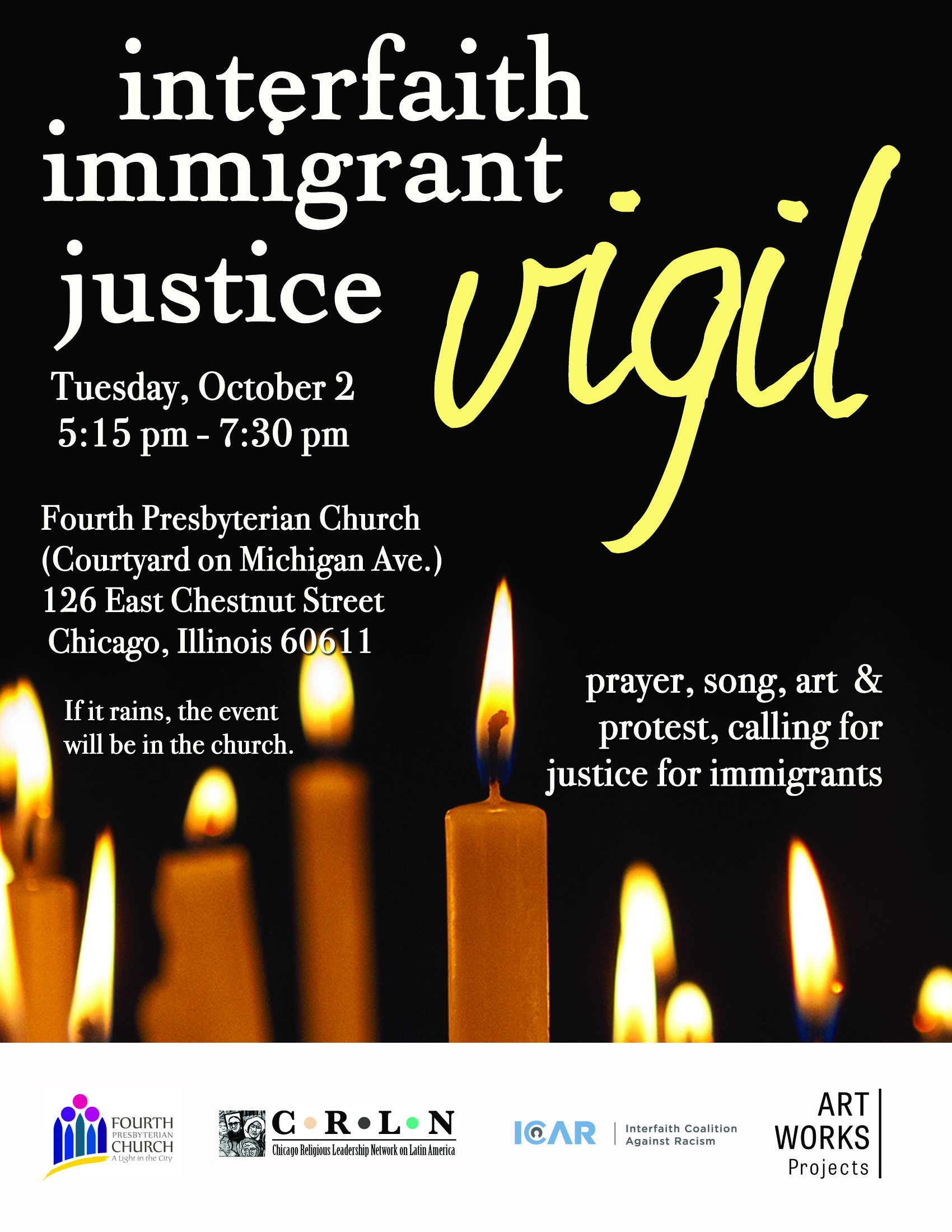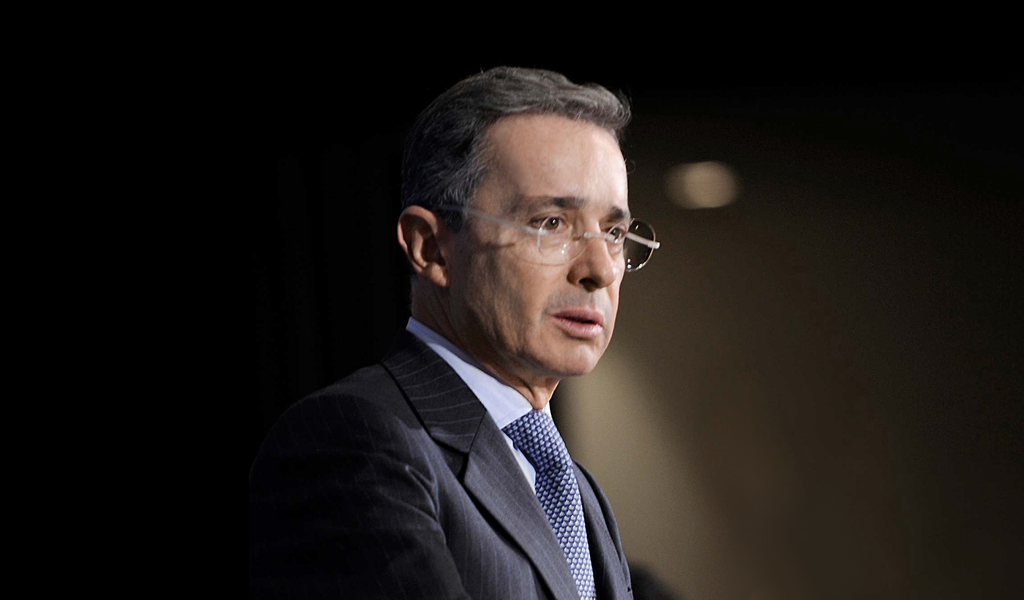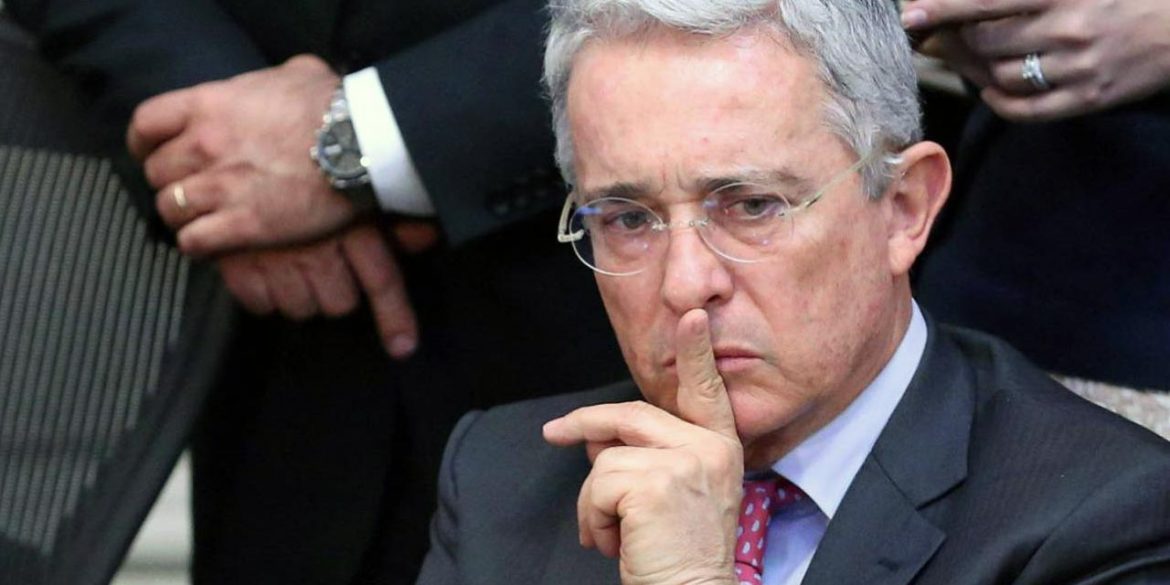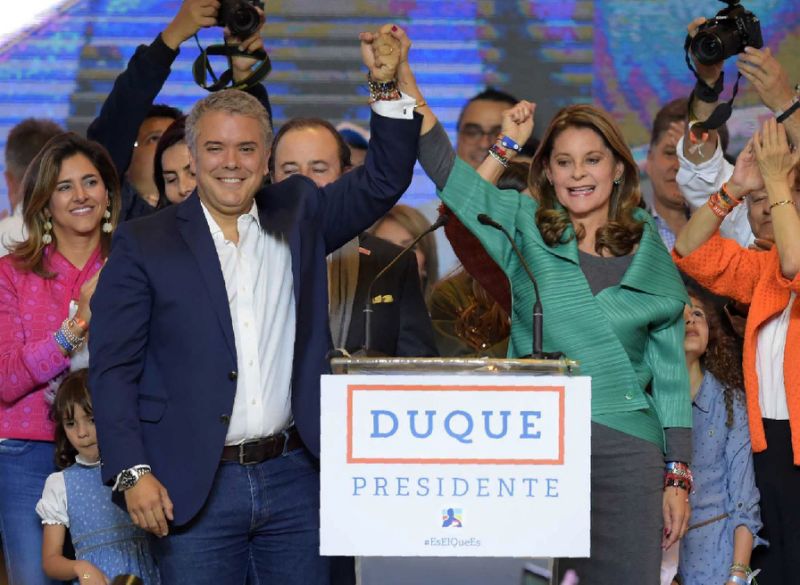JUSTAPAZ, a peacebuilding organization of the Mennonite Church of Colombia, learned recently that the illegal armed group “Aguilas Negras [Black Eagles]” has included them on a list of social leaders, human rights defenders, organizations and journalists they threaten to kill. Please ask the authorized representative of your congregation to sign the letter of support they have prepared, which they will use in advocating with the Colombian government to investigate and judge those responsible for the death threats and provide protection for their staff and the communities they accompany. You can sign onto the letter by sending an email to justapaz@justapaz.org.
JUSTAPAZ’s statement and the sign-on letter follow:
JUSTAPAZ CHRISTIAN MENNONITE ASSOCIATION FOR JUSTICE, PEACE AND NONVIOLENT ACTION
STATEMENT ON RECENT DEATH THREAT
A Call for Hope, for the Caring of Life and Continued Peacebuilding
“Blessed are the peacemakers, for they will be called children of God.” (Matthew 5:9)
JUSTAPAZ is an organization of the Mennonite Church of Colombia, with more than 26 years’ experience accompanying Christian churches, community organizations and victims of the armed conflict, strengthening nonviolent community peacebuilding processes, on which human rights and peace with justice are built.
We are pained by the increase in threats, aggressions, and systematic assassinations of social leaders from different regions of the country. Our prayer and commitment is, and will continue to be, with churches, victims of armed conflict, women, youth, conscientious objectors, and all who dream and long for a country reconciled and at peace. With hope, we proclaim that neither death, nor threats, nor wars can separate us from the love of God (Romans 8:37).
In this biblical spirit and in solidarity with peacebuilders in Colombia, we write to let the public know that on Saturday, July 14, 2018, we learned of a communiqué in which an illegal armed group, self-identified as “Águilas Negras”, threatened to kill a group of social leaders, human rights defenders, organizations and journalists. JUSTAPAZ was included in the list.
Responding to this threat, which seeks to sow fear and dismantle citizen efforts to overcome the wounds caused by the armed conflict, we, as JUSTAPAZ:
- CALL ON all illegal armed groups to cease all intimidating activity, to respect life and the dignity of every human being because we are all children of God. Life is sacred and we must care for it and defend human rights, peaceful coexistence and the well-being of all Colombian citizens. Therefore, we reject the use of any type of violence or intolerance that limits broad peacebuilding efforts.
- WE BELIEVE that peace is the fruit of social justice (Isaiah 32:17). We need to overcome social exclusion, strengthen a culture of democracy and embrace the path of reconciliation, grounded in dialogue and in the peaceful solution of social conflicts. From our experience of faith, peacebuilding demands healing wounds, restoring lives and making a diverse participatory nation, founded on the respect for human dignity possible.
- WE URGENTLY CALL FOR PRAYERS FOR PEACE IN COLOMBIA AND FOR ACTION on behalf of those of us who seek truth, justice, holistic reparations for victims and non-repetition of acts of violence. It is time for dialogue, for full implementation of the peace accords and to continue building social, cultural, political and environmental agreements to build true peace in all the regions of Colombia.
- WE REAFFIRM THAT JUSTAPAZ, as an entity of the Mennonite Church of Colombia, has a pacifist calling inspired by the gospel of peace (Matthew 5:9), and we join the millions of citizens throughout the different regions of Colombia that promote human rights, citizen participation and the democratic values that inspire and give meaning to nation-building.
We encourage churches, faith-based communities, human rights defenders and social organizations to not falter and to join efforts for peacebuilding in our country. Please consider signing-on to the attached sign-on letter that will be used in advocacy efforts in Colombia.
Sincerely,
CHRISTIAN MENNONITE ASSOCIATION FOR JUSTICE, PEACE AND NONVIOLENT ACTION – JUSTAPAZ
Bogotá, Colombia
July 17, 2018.
Sign-On Letter for Churches and Faith-based Organizations in Response to Death Threats Against JUSTAPAZ
As churches and organizations from around the world, we know of and support the work of JUSTAPAZ. As an organization of the Mennonite Church of Colombia, JUSTAPAZ has acted to promote peacebuilding in the midst of armed conflict for many years in Colombia. JUSTAPAZ is characterized by applying principles of nonviolence, justice and holistic peace in Colombia.
On Saturday, July 14, 2018, we learned of a communiqué in which an illegal armed group, selfidentified as “Águilas Negras”, threatened to kill a group of social leaders, human rights defenders, organizations and journalists. JUSTAPAZ was included in the list.
Responding to these threats and as part of the international community:
WE EXPRESS our solidarity, support and accompaniment of JUSTAPAZ in face of this threat.
WE REJECT all forms of violence that could affect the staff of JUSTAPAZ and the communities that
they accompany in different regions of Colombia.
WE DEMAND that the government of Colombia act with celerity and efficacy in investigating and
judging those responsible for the death threats against JUSTAPAZ. Additionally, we demand they
provide appropriate protective measures for the staff of JUSTAPAZ and the communities they
accompany, with the goal of guaranteeing the continuity of the human rights and peacebuilding
efforts they accompany, as a faith-based organization in Colombia.
Signed,
**Please indicate your willingness to sign-on by emailing us at: justapaz@justapaz.org
